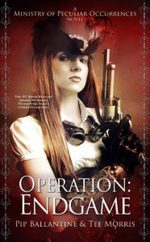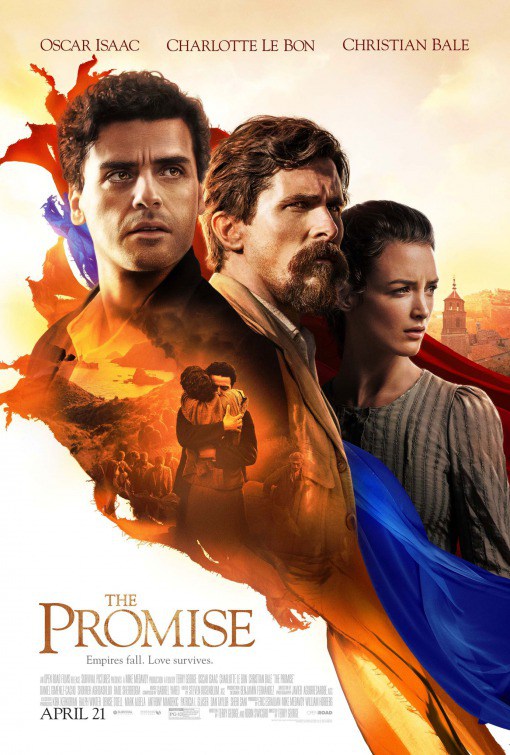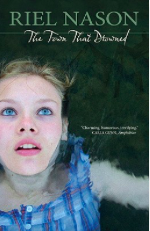I read incessantly as a child, and I read some young adult fiction working in a bookstore as an adult (between my professional career as an engineer and becoming a full-time parent.) Then, I was the mother of a child who read far above grade level, but was still emotionally too young for some kinds of content, so I read many more children’s books in a newly critical way.
I found Jean Little’s From Anna (written in 1973) at our local library in 2012, read it, and shared it with my son. It appears to be out of print as of this writing (2017.)
It is an incredible statement from me that I believe this might be the most moving children’s book I have ever read. I finished it in just a few hours and loved everything about it. I had to hide my raging enthusiasm for it lest my son rebel and refuse to read it. I think this novel is a valuable read for every child.
The plot is straightforward: a German family decides to leave their homeland as the Nazis rise to power in the 1930’s. The youngest child, Anna, has an undiagnosed problem. She is almost blind, but no one realizes it. Her family loves her but assumes she is as stupid as she is clumsy since she fails miserably at school and in her household chores. A family connection to Canada opens a door for them to emigrate. After this huge transition, Anna’s disability is discovered and she finally gets an appropriate education where she can feel safe to come out of the protective shell she’s kept herself in all of her short life.
The reasons I loved this book are so much more than the plot.
The story is written very naturally, yet every word is well chosen. For example, I have struggled to appreciate German culture due to the legacy of the World War II and the Holocaust. Early in the story, before I cared about the characters, the lyrics of a song beloved by Anna’s family are presented: “Die Gedanken sind frei.” I was brought to tears reading the English excerpts in the book. Here’s a link to the full text and translation, “Thoughts are free.“
A family who would sing this song in spite of the very real dangers of doing so is one I will enjoy visiting in a novel. I care, desperately, about human freedoms. Knowing what would soon happen in Germany made this moment in the story achingly poignant for me. It also serves as a valuable reminder that dissidents persist under the most tyranical regimes, and the atrocities of a culture’s leadership should never be allowed to eclipse the good that inevitably remains, however deeply buried.
The child, Anna, is drawn realistically. Her family is good and loving, but they completely fail to understand her. She is treated unfairly, and the novel recognizes this without vilifying anyone. Her father loves her. She might even be the favorite of all five children. His love isn’t enough to solve Anna’s problems.
Anna is stubborn and grumpy and imperfect, but the reader sees why this is so and likes her in spite of it. Unlike some children’s books, there is no sugar-coating the experiences of a child with real problems. It recognizes that life can stink, even when a good person lives surrounded by other good people who love her. The failures of Anna’s family members in the story are noted, commented upon, and then forgiven. Anna herself comes to terms with her family in a very believable way, providing a beautiful role model for the child reader.
Share this book with your children. Read it yourself. Tell everyone you know about it, especially if they have a child with any special needs. I loved it.
*Adapted from my August 9, 2012 Amazon review of From Anna, by Jean Little
Share this:




